The internet is dead—long live print media!
A retreat to the forest.
Early this year, I was awarded an O’Shaughnessy grant to grow our media collective, but as I contemplated all of the ways I could do that I found myself hating all of them.
I don’t want to spend my time shilling my work on social media—I think social media is among the worst of our societal ills and I’d rather spend my time researching long-form essays.
I don’t want to write controversial articles that attract a wide audience and vitriolic comment sections—I’d rather think through a more beautiful future alongside a community of collaborators doing the same.
I don’t want to churn out more and more content, contributing to our never-ending media feeds—I want to publish well researched essays for print pamphlets that reclaim our attention for the analog world.
There is a movement to retreat from the chaos of the internet. We are seeking better quality, a slower pace, more focused attention. Yancey Strickler’s dark forest theory, for one, reimagines the internet as a retreat into private communities—not one large town hall, but a thousand tiny ones where we can gather and create free from the public eye.
Austin Tindle embraces this movement. In the introduction to my next book, he wrote about the power of small, weird communities. “Most of the places we call online ‘communities’ are the exact opposite. They are defined by infinite content, and with it, infinite isolation,” he says. But we have a better option: “Instead, we participate in small groups that gather in non-viral spaces. Spaces you can be weird and curious instead of reactionary and ironic. Intimate archipelagos instead of monoliths of infinite scale.”
When I shared some of these thoughts with our Elysian League Slack channel, members passionately came up with better ideas: We don’t need social media, they said, we can grow through word of mouth and by sharing links with friends. We don’t need to market ourselves to a wide audience on social media; we can collaborate with likeminded writers and communities on analog print pamphlets. We can grow in network with one another, and profit share among ourselves—when one writer rises, we all do!
We’re being idealistic—but that’s what we do here. We don’t cater to the system, we design a better one.
We have room to experiment. Grant revenue will support us for one year, my book project is crowdfunded for three, and subscription revenue keeps the lights on. With that time, we can publish print pamphlets together, share them with small communities like ours, and grow by word of mouth and referrals. I’ve set up infrastructure that will help us with that: Print pamphlets will become, not just quarterly projects, but hopefully monthly ones. Paid subscribers will be able to access digital versions and collector subscribers will receive everything we write as print pamphlets.
A new referral program will reward readers for sharing the essays we write with friends.
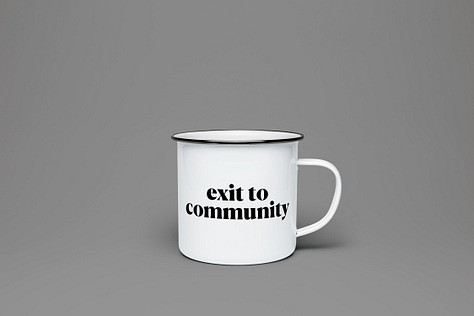
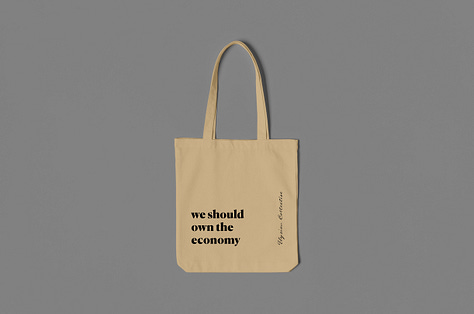

Stickler’s Metalabel is the profit-sharing apparatus that has made it easier for us to publish print pamphlets together and share profits from our sales. Now, the platform is getting ready to debut its “Dark Forest Operating System”—a place where our writers’ collective can chat, write together for our small private community, upvote our favorite essays, and surface our best work to the public as print pamphlets on Metalabel. This infrastructure could support the future of our collective, and I’m excited to test it out with Elysian League members when it opens for beta testers in a month.
By focusing on small communities and print projects, we also circumvent the challenges that have made online discoverability more and more difficult: Gmail filters that move our newsletters to lesser-read tabs, Apple updates that use AI to filter notifications so readers are less likely to see ours, a Substack app that now distracts us from reading long-form posts. Let’s not forget challenges to freedom of speech, which could shut down writers like us if things get bad enough. With small, private communities and print pamphlets sent to physical addresses, we can follow in the footsteps of the revolutionary thinkers who came before us and ensure readers always have access to the things we write.
Two weeks ago, I had the opportunity to attend an in-person retreat for O’Shaughnessy grantees, and I was surprised to find fellow grantees investing in similar strategies. The organization is funded by a VC and I expected they would try to talk me out of my retreat to the forest—quite the opposite. Over and over again, I talked with peers interested in building outside of the confines of traditional online media. They wanted to produce analog projects, foster personal connections, and market their work away from the chaos the internet has become.
There was a palpable craving for something better, and we are actively building it.
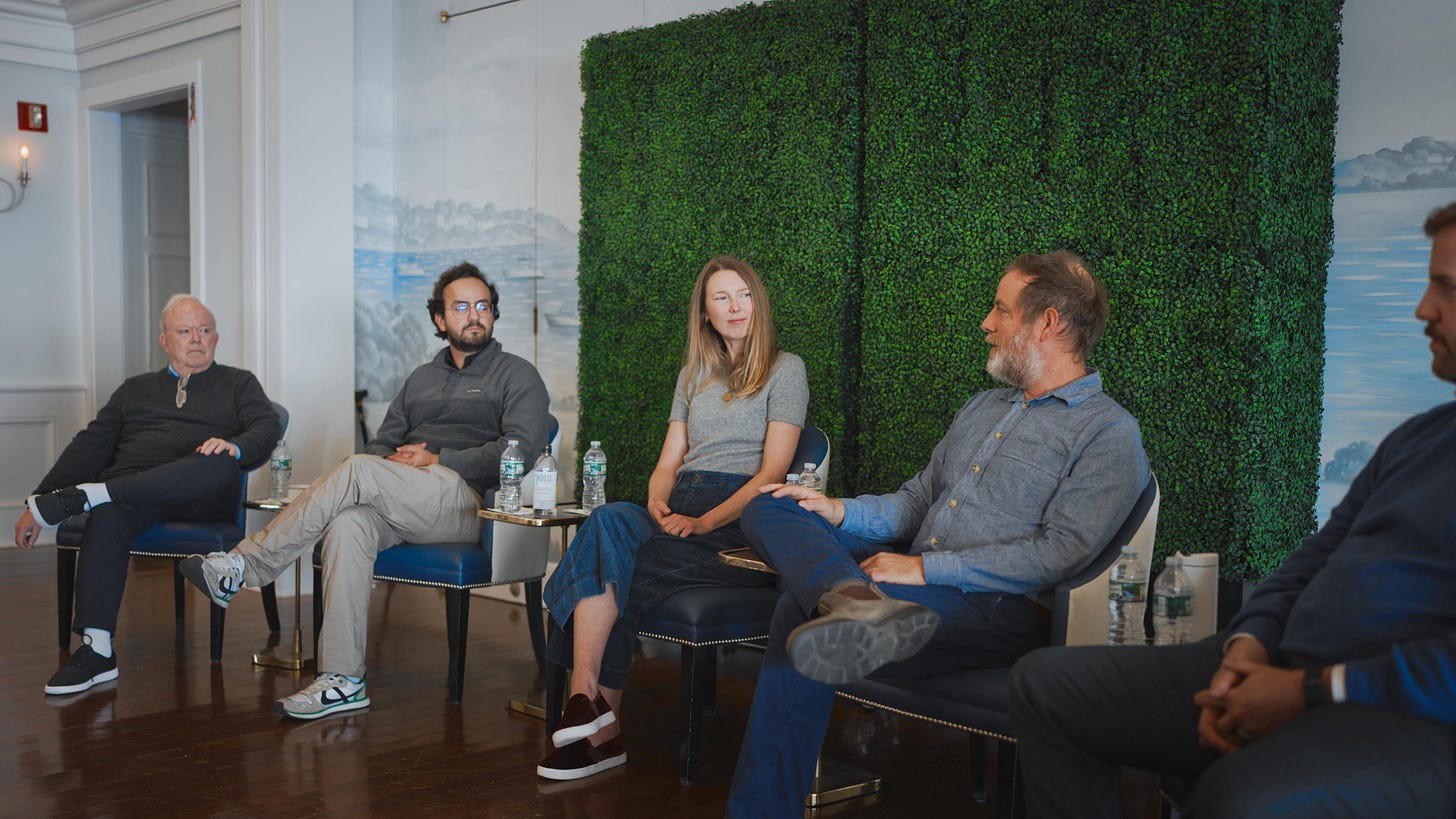
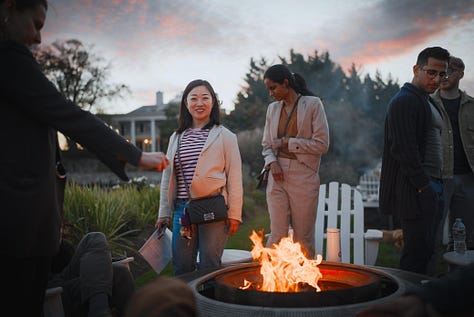

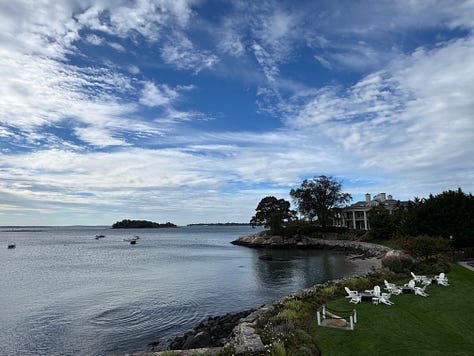
The internet is dying—long live a better one. A cozy web where small groups can create outsized effects, and work collaboratively without the rest of the internet getting in our way.
It is the small, weird communities that will eventually change the world. They always have!
I appreciate you for being part of it and for helping us brainstorm a better world together.
Sincerely,
P.S. A reading list for you
I hope Elysian League members will read the following essays, then join us in the comments for further brainstorming about what kind of forest we should retreat into and become. How can we market ourselves and grow into a cozy community through word of mouth and referrals, through networks rather than social medias?
“The internet is dying on the outside but growing on the inside” by Yancey Strickler
“Welcome to the Post-Naive internet era” by Mozilla Foundation
“Subvert.fm”—read the whole website of this “Bandcamp” alternative



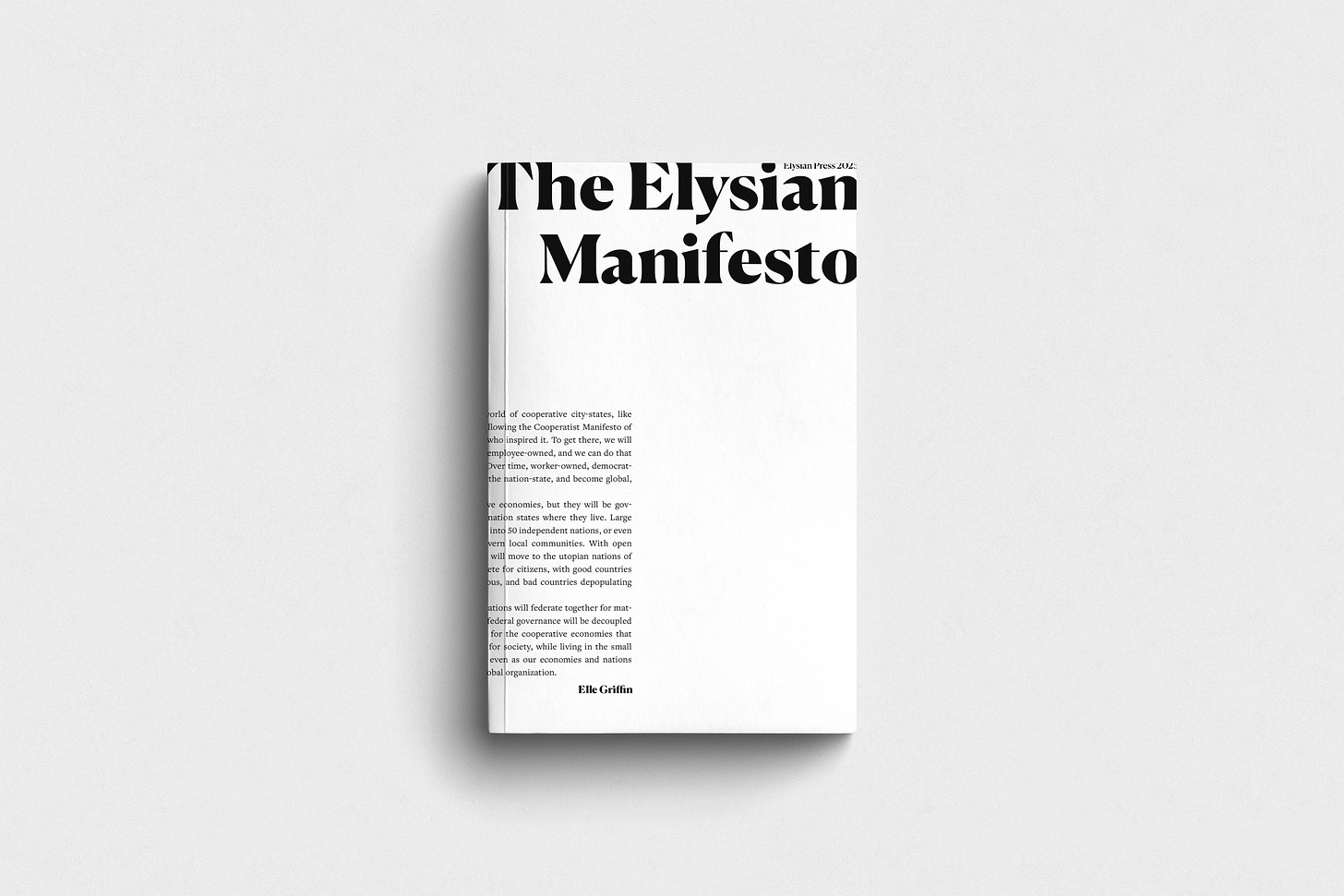
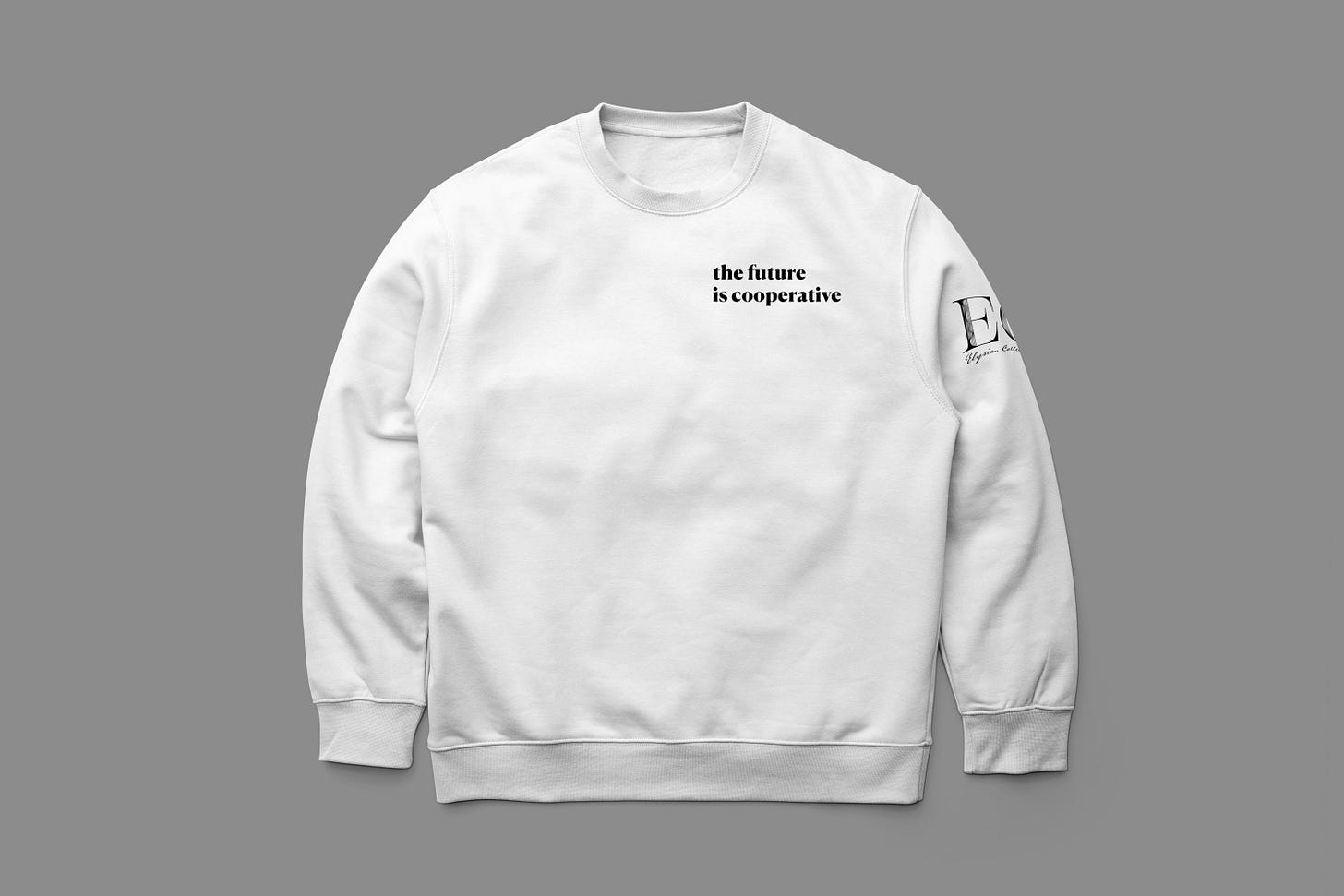
Long Live Print Media!!! So cool to see a shift and be a part of it. Much much more work to do...but I do believe there will always be interest in something as vital as the tactile exchange of ideas.
I think you're onto something. I am an author, editor, and audio narrator. I returned in August from a writers conference in Nashville puzzled about editing recommendations - editing reducing beautiful prose narrative to story telling mired in technical writing-style tone. It appalled me. The likes of H.P. Lovecraft would never be appreciated under modern editors under this approach.
I read the classical literary giants: Wordsworth, Keats, Milton, Greek myth. All of it is being dismantled by a brown boxification of our literary and artistic heritage. I want the literary equivalent of the great Greek architectural achievements that made us gasp in wonder. This manifesto is only part of what we need back in our culture. Thank you.